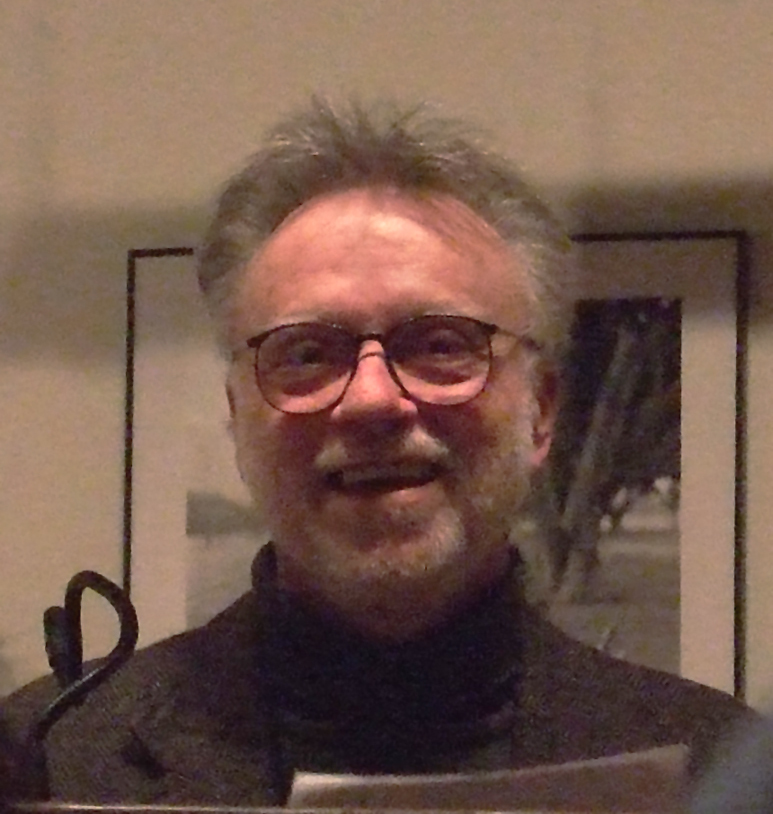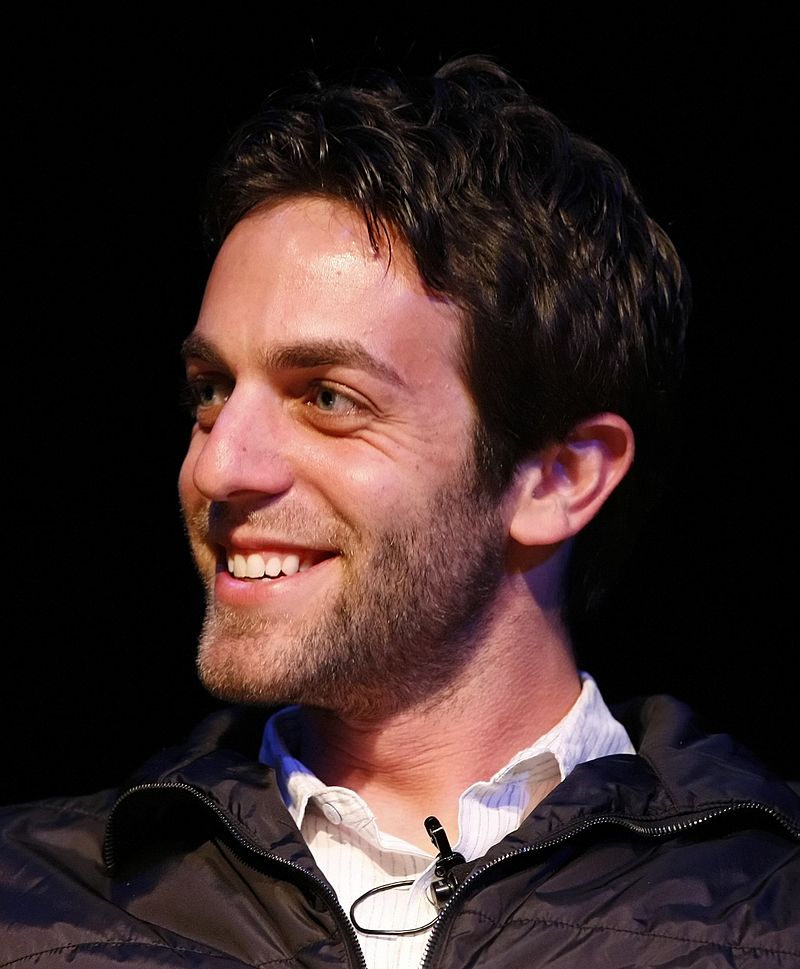 author
authorCaleb Carr
Caleb Carr (born August 2, 1955) is an American military historian and author. Carr is the second of three sons born to Lucien Carr and Francesca Von Hartz. He authored The Alienist, The Angel of Darkness, The Lessons of Terror, Killing Time, The Devil Soldier, The Italian Secretary, and The Legend of Broken. He has taught military history at Bard College and worked extensively in film, television, and the theater. His military and political writings have appeared in numerous magazines and periodicals, among them The Washington Post, The New York Times, and The Wall Street Journal. He lives in upstate New York.
He was born on August 2, 1955, in Manhattan, one of three sons born to Beat Generation figure Lucien Carr and Francesca von Hartz. Lucien's close circle of friends included William Burroughs, Jack Kerouac, and Allen Ginsberg, whom Lucien had known since his college days. Their frequent presence in the Carr household affected Carr's future career: "They were noisy drunks that were a disruption. They made me determined never to be a fiction writer". This reaffirmed an earlier sentiment in a 1997 interview, where he stated that, as a child, he "wanted nothing less than to be a fiction writer."
Carr received his primary education from St. Luke's School in Greenwich Village and his secondary education from Friends Seminary, also in downtown New York City. Carr's interest in military history did not help him fit in at Friends Seminary, a Quaker school. He was an excellent student, but he was guilty of pranks like setting off cherry bombs in the school lavatories. When he discovered that his school transcript was marked "Socially Undesirable," he was "stunned."
"We had guys in our school who dealt opium and cocaine out of their lockers, and the teacher would take them aside and have conversations." The designation was enough to keep him out of Harvard. He attended Kenyon College, in Gambier, Ohio, from 1973 to 1975 and returned to New York City in 1975 to complete his education at New York University, where, in 1977, he was awarded a Bachelor of Arts in military and diplomatic history.
Much of Carr's fiction deals with violence perpetrated by people whose behavior has its origins in childhood abuse. His father, whose famously turbulent childhood ended in a conviction for manslaughter, inflicted physical and emotional abuse upon his wife and children. Caleb remembers being singled out for his father's beatings:
"He was enormously threatened by me from the time I was a child—threatened by my tendency to speak what I perceived. Alcoholics don't tend to like children like that." The physical and verbal abuse fueled by alcohol and rage didn't stop even after Caleb's parents divorced when he was eight. Carr did not learn about his father's crime until he was 18. He recalls being shocked "but not exactly surprised."
The frequent presence of Lucien's friends Kerouac, Ginsberg, and Burroughs in the Carr home was a "little unnerving." "They could be perfectly nice people one-to-one," Carr told Salon in a 1997 interview. "Kerouac was a very nice man. Allen could be a very nice guy. Burroughs was a little strange for a child. But they weren't children, people. You needed to be grown up to be around them if you wanted to not be terrified. What they were up to was not gonna make any child reassured."
After the Carrs' divorce, Kerouac proposed marriage to Caleb's mother, but she turned him down and afterward married writer John Speicher. Carr's new stepfather was another heavy drinker, and Carr made weekly visits to Lucien. "There was a lot of craziness in the family," Carr remembers, "and a lot of alcoholism among the adults." Speicher had three daughters from a previous marriage, and they and the three Carr brothers bonded, a group that Caleb would label "the dark Brady Bunch."
They spent most summers at a house in upstate New York, originally bought by Carr's maternal grandparents, then owned by his mother. "When the adults weren't around it was a place of great solace. When they were, it was a place of great exploration because being in the house too much wasn't an option."
Likewise, when the family was back in New York, Caleb spent as much time as possible away from their apartment. Among his favorite havens, other than the streets of Manhattan themselves, were the city's movie theaters. He at first preferred classic and then war movies and became increasingly interested in military history. "Part of it was a desire to find violence that was, in the first place, directed toward some sort of purposeful end and, second, governed by a definable ethical code. And I think it's fairly obvious why I would want to do that", he told New York magazine in 1994.
Best author’s book





















